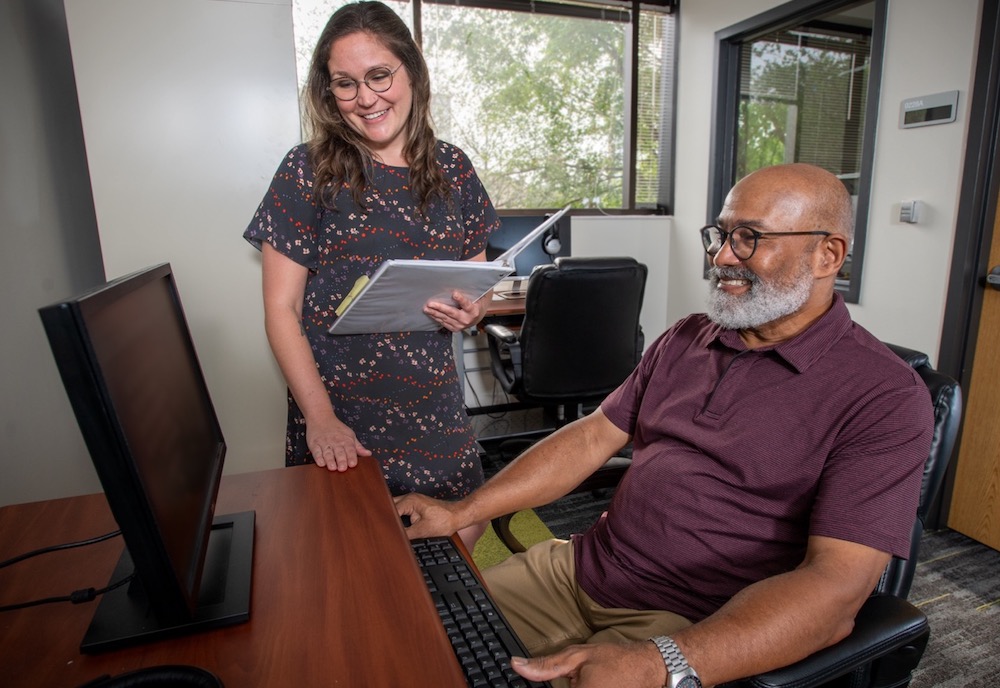How can you make a difference in the fight against dementia?
The University of South Florida is extending its recruitment efforts of healthy, older adult volunteers from its local areas to play a crucial role in the landmark Preventing Alzheimer’s with Cognitive Training (PACT) study through December of 2024.
This study, funded by the National Institute on Aging, part of the National Institutes of Health, examines whether computerized brain training exercises can reduce the risk of cognitive impairment and dementia such as Alzheimer’s disease. Last year, additional funding was awarded to study blood markers for early detection of Alzheimer’s disease.
This is the largest study of its kind to date, investigating not only how to possibly prevent dementia but also how to detect it earlier, with a commitment to ensuring all groups are represented in the study.
The University of South Florida’s PACT study recruitment window extension will increase the expected study enrollment from 3,100 to 3,400 over the next five months. To qualify, participants must be 65 or older with no signs of cognitive impairment or dementia. There is an emphasis on enrolling African American/Black and Hispanic study participants. According to the Alzheimer’s Association, these populations are at the highest risk for Alzheimer’s disease and other dementias.
“We greatly appreciate our more than 3,000 volunteers who have enrolled in PACT and joined the fight against Alzheimer’s disease,” said principal investigator Jennifer O’Brien, PhD, an associate professor of psychology at USF. “We are still looking for 650 healthy older adults to volunteer for the PACT study. Along with contributing to our work on how to prevent dementia, participation in the PACT study will also help us advance efforts to develop blood tests that detect the disease earlier.”
Those interested in the study may participate at USF Tampa and St. Petersburg campuses or at Parkway University Center in Lakeland. Site staff are ready to engage with the community and enroll participants during this extended recruitment.
PACT participants will be asked to initially come to two in-person study visits. They will then complete computerized training exercises in their own home, or they may choose to complete activities at a study site. Participants will be asked to return about three years later for a third study visit.
More information is available at the PACT study website, www.pactstudy.org, or by calling (352) 405- 0342 in Tampa, (727) 873-4090 in St. Petersburg and (863) 800-0835 in Lakeland.
The PACT study is supported by the National Institute on Aging, part of the National Institutes of Health (NIH), grant number R01AG070349. The content is solely the responsibility of the authors and does not necessarily represent the official views of the National Institutes of Health.
